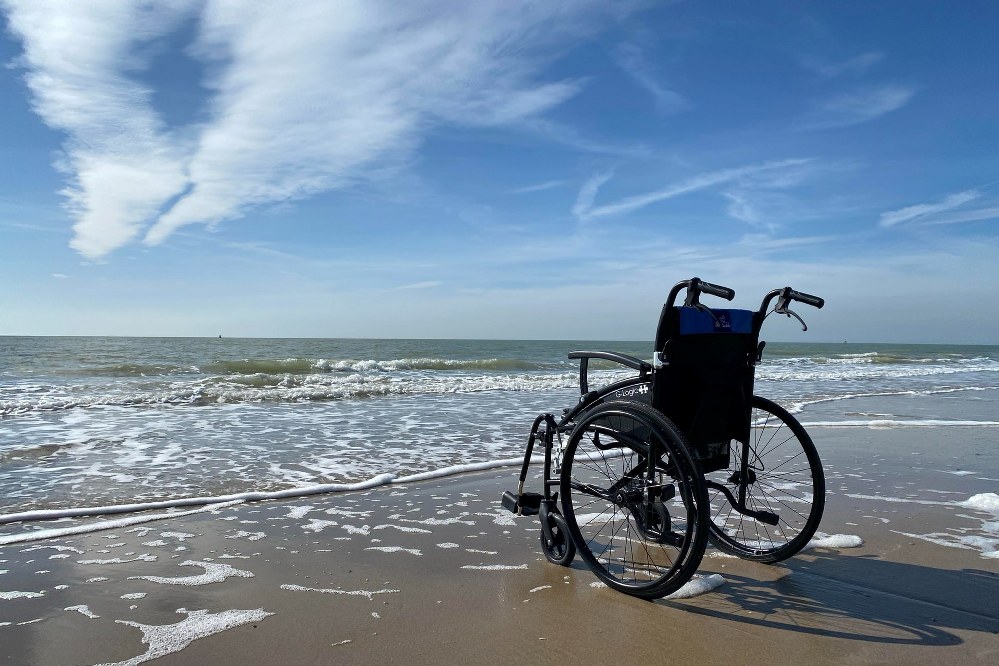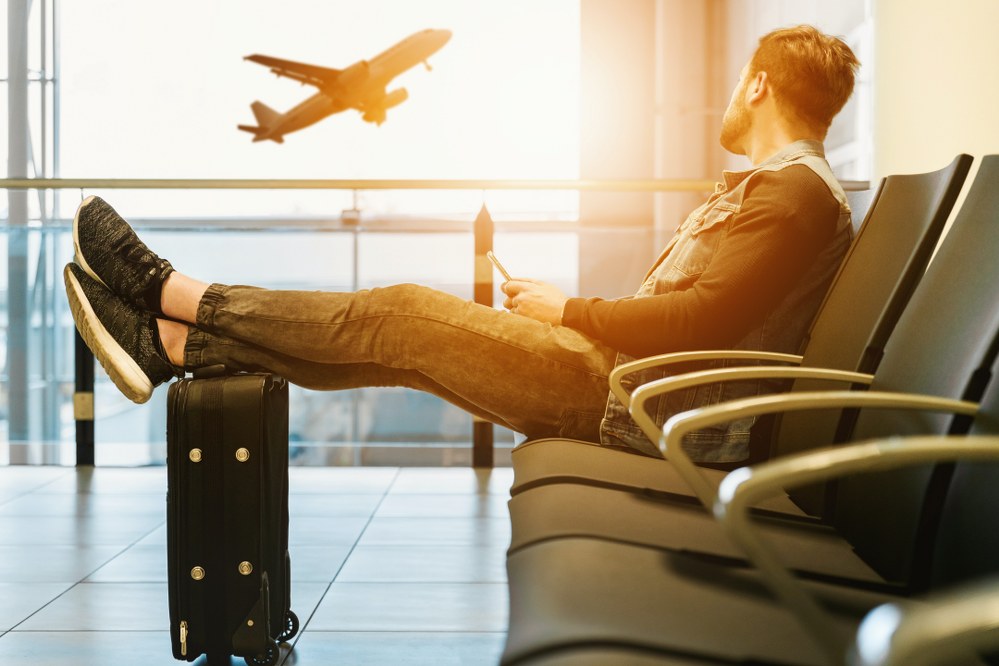Single Parents on Holiday looks at the options disabled travellers have today and what progress the travel industry, and society as a whole, have made over the last two decades:
Travelling is something that everyone should be able to experience – the excitement of getting off a plane in faraway country, seeing snow clad mountains or feeling warm rain on your skin for the first time, meeting new people, learning their language, and experiencing foreign cultures. Many of us save up for our annual holiday, go to our local travel agent and don’t give a second thought about the multitude of challenges disabled people face when trying to travel, be it around their hometown or for a holiday abroad. Let’s find out what has changed in accessible travel and how much progress has been made.
Travelling with specialized holiday companies
There is no denying that some progress has been made in the travel industry over the last decade – not least due to the Equality Act and the Disabled Air Passengers Rights. The industry has finally seen an opportunity and a market niche in accessible travel. Thankfully there are now travel companies out there that offer 100% accessible holidays specifically helping people with disabilities to travel the world. And it’s not really as niche as it sounds at first if you consider that many families require a specialist tour operator because one family member has a disability. That means tour operators are losing the business of not just one customer but potentially 4 or 5 if their holidays are not accessible. Plus, our population is ageing, and with that requiring more assistance on their travels, so imagine the number of passengers looking to book accessible travel in the future.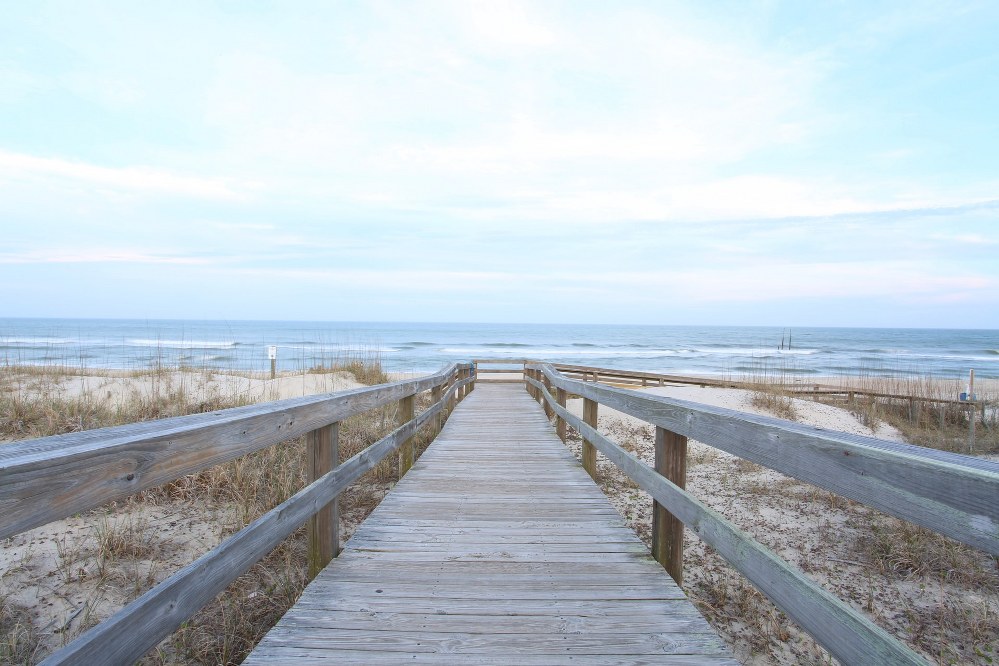
Specialist travel companies, such as feelnolimits.com have trained staff members so that they are able to help people with disabilities overcome the obstacles that make travelling difficult for them. No matter what someone’s challenge might be, these companies have experience dealing with a range of challenges and will have solutions at hand. They not only have a tour guide who will take care of a fully wheelchair accessible programme, but they will also provide medically trained staff that will assist with physical needs as well as help make the traveller feel totally comfortable and at home while on holiday. The disabled traveller can even have his or her own personal assistance that will accompany and support them 24 hours a day, so that they can travel independently and don’t have to rely on family or friends for help on holiday.
This is a great bonus as travellers can feel totally at ease knowing someone else will take care of any obstacles that they or a family member would usually have to worry about and take care of. It will leave them and their loved ones feeling far more relaxed and with all the freedom and mental space to focus on making the most out of their holiday. After all, any adult, whatever their disability, wants to be in control of where and when to go on holiday, what to do and how to do it – just like anybody else.
Travelling solo with a disability
It is difficult enough finding friends or family members who want to go on holiday at the same time, to the same place and are on the same budget as you without any of you having physical or other limitations. This, of course, is why singles holidays have become so popular. Booking with a niche tour operator requires a certain budget, so sometimes it’s just easier and cheaper to set off on your own. So, when you don’t want to go on an organised trip, whether it’s because of a limited budget or to prove to yourself that you can do it alone, why not try a solo adventure?

Naturally, travelling on your own requires a fair bit of planning, even more so when you live with a disability. Whether it’s flying in a wheelchair or travelling with a less obvious disability, you will need to do your research and figure out where and when help is needed. It also means that at times you will need to accept that none is available. You might miss out on some experiences, as a result of not having a helping hand with you, but there is a time and place for taking risks and it’s not when you are travelling alone in a foreign country – at worst, with a poor healthcare system.
Then there are the upsides: You decide where and when you travel: timing, itinerary and budget are entirely down to you. You also meet far more people when you travel solo as you will appear more approachable. Best of all, travelling solo builds your self-confidence: Most people feel a great sense of achievement when travelling independently. You might even overcome some of your fears and anxieties as you are forced to deal with more or less challenging situations by yourself.
Why COVID 19 has helped disabled travellers
Thanks to the pandemic the travel industry has had to introduce more flexible booking conditions, and this has benefited many disabled travellers: When you suffer from a condition that causes flare ups or worsens for other reasons, be it temporarily or progressively, committing to a holiday can be a challenge. And no one wants to waste their precious money, so making the financial commitment to booking a solo holiday or a holiday with a specialist tour operator has just become easier.
It shouldn’t have required a pandemic, but travel has become safer for everybody too – not least the most vulnerable. Mask wearing on flights and public transport and increased cleaning regimes at airports, hotels, airlines, and public transport mean people are less likely to catch an infection or a virus making it safer for everybody, but most importantly those at a higher risk. The pandemic may offer an opportunity to reshape society, but whether any change is here to stay awaits to be seen.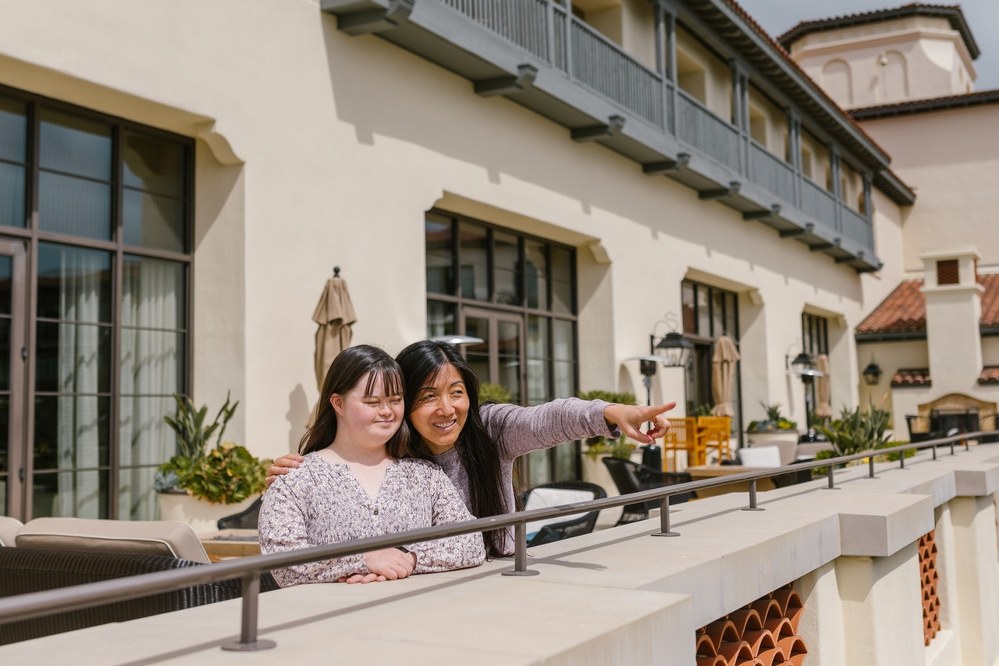
A more inclusive society
Last, but not least, our society has certainly become more inclusive, “a society for all” over the course of the last two decades. The United Nations World Summit for Social Development in Copenhagen in 1995 defined an inclusive society as one in which every individual, each with rights and responsibilities, has an active role to play. The conference’s goal was a socially inclusive and cohesive society based on respect for all human rights and fundamental freedoms.
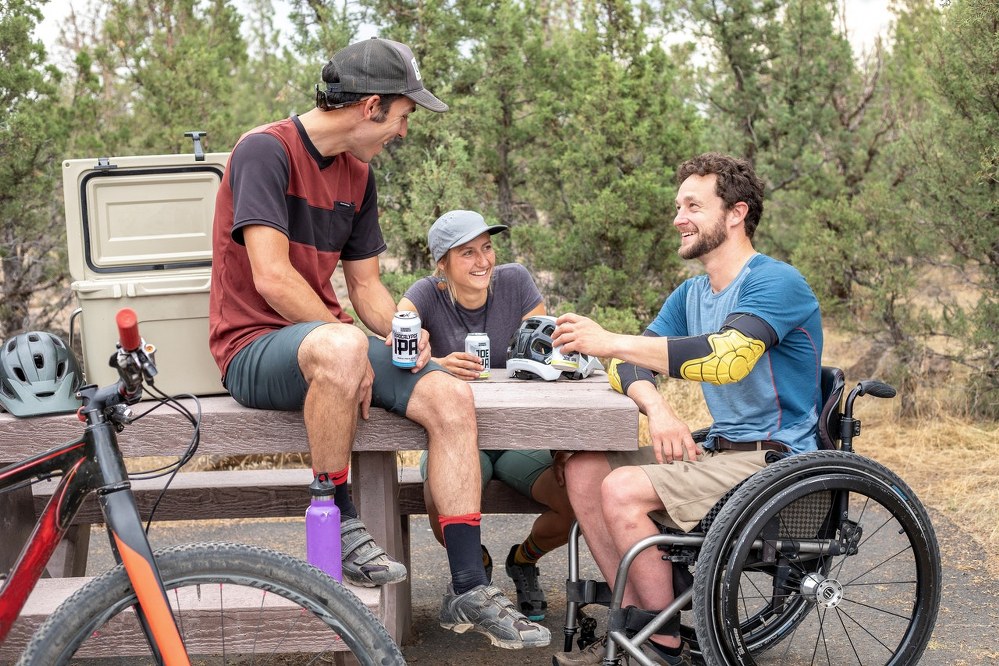
There is still a long way to go, but the reality is that the modern world is striving to become a place that treats all equally. In 2019, the UK counted 13.9 million disabled people who want access to travel, be it to get to work or for leisure. They want to be able to travel with choice and dignity, and if possible, without additional costs or hassle.
Progress has undoubtedly been made when in many areas of travel, from public transport to accessible rooms, air travel and awareness. Of course, more still needs to be done to make it easier for disabled people to navigate their way around the world without having to spend hours online and on the phone to find out if they are able to get to their desired destination. But with the industry and attitudes changing, there is hope that progress continues at a pace.

